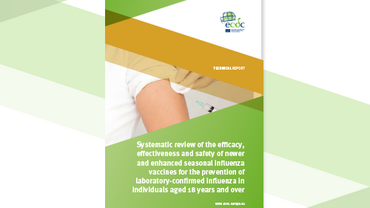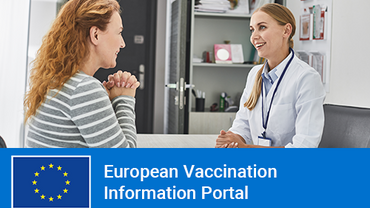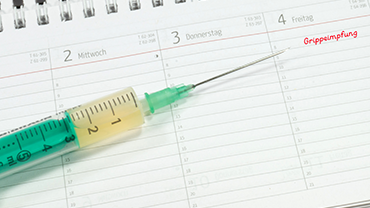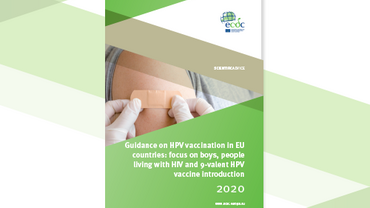EU/EEA National Immunisation Technical Advisory Groups (NITAG) collaboration
In most European countries, decisions around vaccines and their use are based on evidence-based recommendations made by national immunisation technical advisory groups (NITAG) or equivalent expert committees. Immunisation policies adopted as a result of the advice provided by these committees often vary among European Union (EU) and European Economic Area (EEA) Member States reflecting differences in epidemiology or healthcare structure and respective financing.
In October 2018, the European Centre for Disease Prevention and Control (ECDC) initiated a collaboration between EU/EEA NITAG with the aim to share information between such national committees. This new collaboration brings together experts in the field of public health and immunisation from across the EU/EEA who are working within or supporting national NITAG.
The aim of this collaboration is to develop an EU/EEA-wide system for the exchange of existing and new scientific evidence and the joint generation of up-to-date scientific evidence, if possible in systematic literature reviews using evidence-based methodology, on public health outcomes on vaccines authorised in the EU and their use in immunisation programmes. Evidence on pathogen-specific immunoglobulins or monoclonal antibodies will also be assessed when relevant.
Activities
The EU/EEA NITAG collaboration network shall facilitate voluntary collaboration between EU/EEA Member State NITAG, their secretariats and ECDC, serving as the secretariat for the collaboration in the following areas:
- Sharing and discussion of current priorities, best practices and existing published and unpublished evidence generated in Member States regarding immunisation.
- Establish a system that facilitates the joint collation of evidence.
- Provide a forum for European collaboration for modelling studies in support of NITAG policy recommendations.
Objectives and outputs
This collaboration is expected to improve efficiency of scientific evidence collation and extent of evidence available to the individual EU/EEA NITAG in their advisory role, and the subsequent national decision-making given that decisions on vaccines and their use in immunisation schedules remain in the competence of each Member State.
Key partners of this EU-wide collaboration mechanism are the European Commission, the European Medicines Agency and the World Health Organization.
Expected outputs from the EU/EEA NITAG Collaboration are:
- Meeting reports from the annual meetings
- Systematic review reports summarising evidence on prioritised vaccines
- Transmission, impact and cost-effectiveness models for national configuration.









